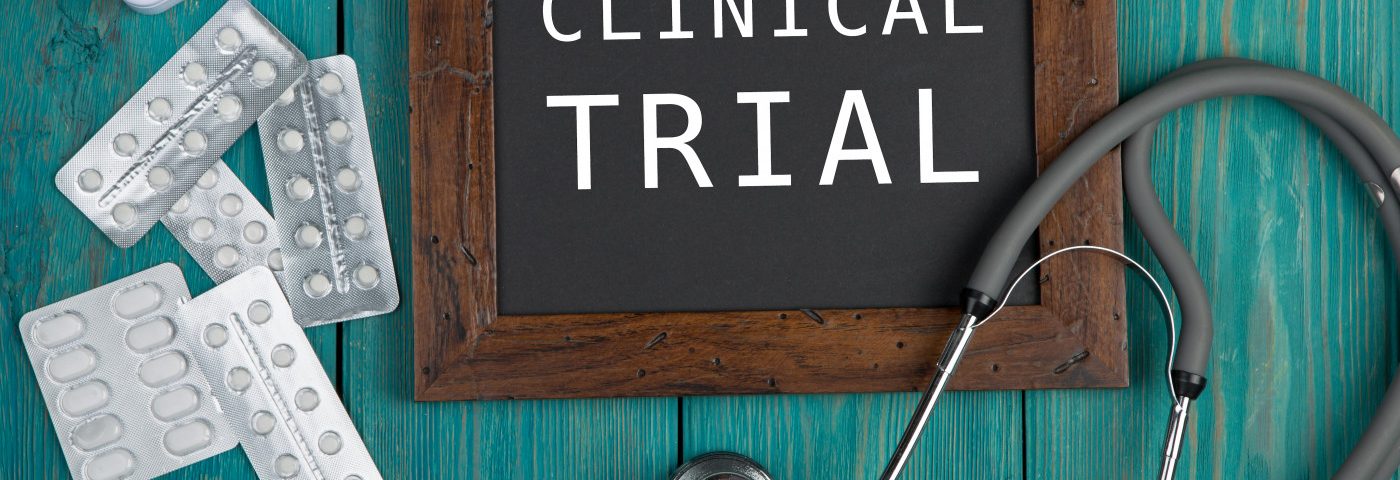The United Kingdom’s Medicines and Healthcare products Regulatory Agency has approved the launch of Innovation Pharmaceuticals’ Phase 1 trial in healthy volunteers to investigate the safety and properties of delayed-release tablets of brilacidin for the treatment of ulcerative colitis (UC).
Participant screening is expected to start in the coming weeks.
Brilacidin is an artificial small molecule that belongs to a new class of compounds known as defensin-mimetics. It is structurally similar to proteins naturally produced in the body that fend off bacteria and other microbes. Besides killing pathogens, the investigational therapy also lessens inflammation and promotes wound healing, while decreasing the likelihood of drug resistance.
Innovation is collaborating with BDD Pharma, using the company’s proprietary OralogiK technology, to develop delayed-release brilacidin tablets that can be taken orally for targeted delivery to the colon to treat UC, a form of inflammatory bowel disease (IBD).
“It’s exciting to soon start, in collaboration with our IBD formulation partner, BDD Pharma, a scientifically rigorous study of brilacidin’s potential as a novel oral IBD drug candidate,” Arthur P. Bertolino, MD, PhD, former president, director, and chief medical officer of Innovation, said in a press release.
“There is a considerable market need for innovative non-corticosteroid and non-biologic IBD therapies, as which we believe brilacidin, based on its unique drug properties and characteristics, is well-positioned to emerge,” Bertolino said. “A successful Phase 1 study of oral brilacidin in healthy volunteers demonstrating our ability to target drug delivery would provide additional value to our shareholders as we continue to develop brilacidin for IBD.”
The Phase 1 trial, which is part of Innovation’s UC clinical program, will enroll nine healthy volunteers, divided into three dosing groups. All study participants will receive a single treatment that will be administered during an assessment visit. Within each group, two participants will receive brilacidin (50 mg, 100 mg, or 200 mg), and one a placebo.
In addition to assessing brilacidin’s safety, tolerability, and pharmacokinetic properties — how the therapy is absorbed, distributed, metabolized, and eliminated from the body — investigators will monitor the delivery of the medication to the participants’ colon using an advanced imaging technology called gamma scintigraphy developed by BDD Pharma.
The planned Phase 1 trial builds on data generated by a previous Phase 2 proof-of-concept trial, showing that when administered locally through an enema, brilacidin led to clinical or partial disease remission in most patients with ulcerative proctitis/ulcerative proctosigmoiditis, two milder forms of UC.
The study’s dosing period is expected to be completed within a few weeks of participants’ enrollment, with top-line data expected shortly thereafter.
“The study is expected to be a quick one, with dosing completed within several weeks of commencement, and, if successful, would translate into numerous potential positive outcomes for the company,” Leo Ehrlich, CEO at Innovation Pharmaceuticals, said in another press release.
“We are optimistic about the safety and efficacy profile of brilacidin in IBD based on our prior clinical trial in Ulcerative Proctitis/Ulcerative Proctosigmoiditis, and are further encouraged that our out-licensing partner in this indication is planning to start trials mid year-2020. Now the key to differentiation and really catching the attention of big pharma for the opportunity is efficient delivery of the drug directly into the colon,” Ehrlich added.

